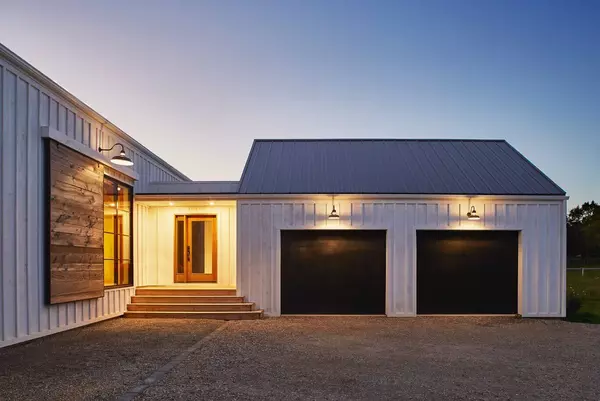
Does Staging Really Matter When Selling in Winnipeg?
Does Staging Really Matter When Selling in Winnipeg? If you are thinking about selling your home in Winnipeg, you might be wondering if staging is worth the time or money. Does arranging furniture or adding fresh flowers really help in selling a house? According to many experts, the answer is a big

What Do I Need to Disclose When Selling My Home in Winnipeg?
What Do I Need to Disclose When Selling My Home in Winnipeg? Selling a home in Winnipeg can be an exciting, but also overwhelming experience. As a seller, you likely want to be sure that everything goes smoothly. It's important to know what you need to disclose when you’re putting your home on the m

How Do Changing Neighborhood Trends Affect Your Home's Value in Winnipeg?
How Do Changing Neighborhood Trends Affect Your Home's Value in Winnipeg? When selling a house in Winnipeg, one frequently asked question from homeowners is, "What's my home worth right now?" With the average detached house in Winnipeg priced around $450,000, and having increased about 8% from last
Categories
Recent Posts










